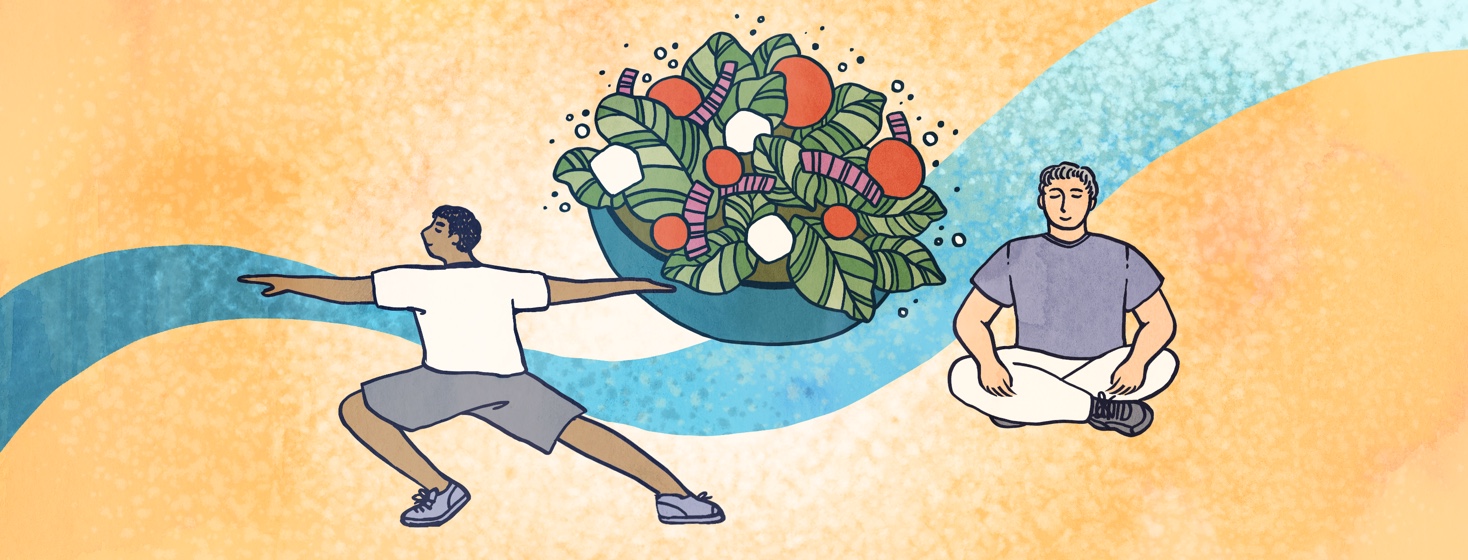It's Your Health - It's Your Responsibility
I've always been someone who trusts medical professionals when it comes to treating serious diseases like my prostate cancer. And when it comes to broken bones, removing ticks and splinters they do a great job. That said in recent years I have been recognizing that non-traditional approaches can be both supportive and effective when it comes to the treatment of various ailments.
Our doctors need to be better communicators
The sad truth is that from the time a medical student enters college to the time they are in practice very little time is spent on learning about the value of good nutrition and less time is spent on how to communicate that information. The “food is medicine” line of thinking is routinely overlooked by medical professionals and often looked down upon. And when it comes to knowledge about vitamins and supplements, the lack of awareness is more evident.
Who is communicating and listening?
We also discover that most medical folks (at least many of the ones I have met) are not skilled in effective, empathic communication. A case in point -- while we all hear rudimentary advice on the need to cut down on sweets and processed foods and to increase our consumption of fish, nuts, and legumes, the soaring rates of diabetes, obesity, high blood pressure continues to rise. Who is not communicating clearly? Across the country, the general public largely remains unaware of the many illnesses that are linked to poor diet and may serve as catalysts for increasing the risk for stroke, heart disease, and cancer. Again, who is communicating and who is listening?
For the last several years I have seen my daughter help control a rare form of skin cancer using diet while her medical professionals said it was not possible. More recently my wife went through years of intestinal discomfort after following multiple doctor's recommendations. She recently discovered the very drugs they were prescribing were causing the issue. While I do not want to go into detail on family matters, I will say that when it comes to any treatment protocol it is probably in your best interest to listen carefully to what doctors advise and keep your eyes and ears open for new information.
How can we merge traditional treatments with other options?
As a prostate cancer survivor, I would never suggest that anyone ignore traditional treatment approaches. From my personal experience, however, I am learning more and more about keeping my options open even when being successfully treated. Time and time again I have seen a lack of awareness when it comes to understanding the role of diet, nutrition meditation, yoga, and massage in the treatment of diseases.
We are responsible for our medical care
I have learned that it is important to recognize that, you are the person responsible for your medical care and even your mental health. Doctors are human and can and do make mistakes. Whenever I find myself in a situation where I am becoming concerned due to a medication or a treatment protocol, I believe it is my responsibility to speak up and ask questions. Do not remain silent. Do not be placated with an “off the shelf” answer. Press for a clarification. Speak with other medical and non-medical professionals and then accept or reject the information offered.
I firmly believe while doctors make every effort to keep up on the latest developments, the amount of information makes it almost impossible to stay ahead of the many advances that are occurring almost daily. Mistakes are made not due so much to incompetence but more often they are the direct result of putting too much information on the overloaded plate of our cancer treatment professionals.

Join the conversation